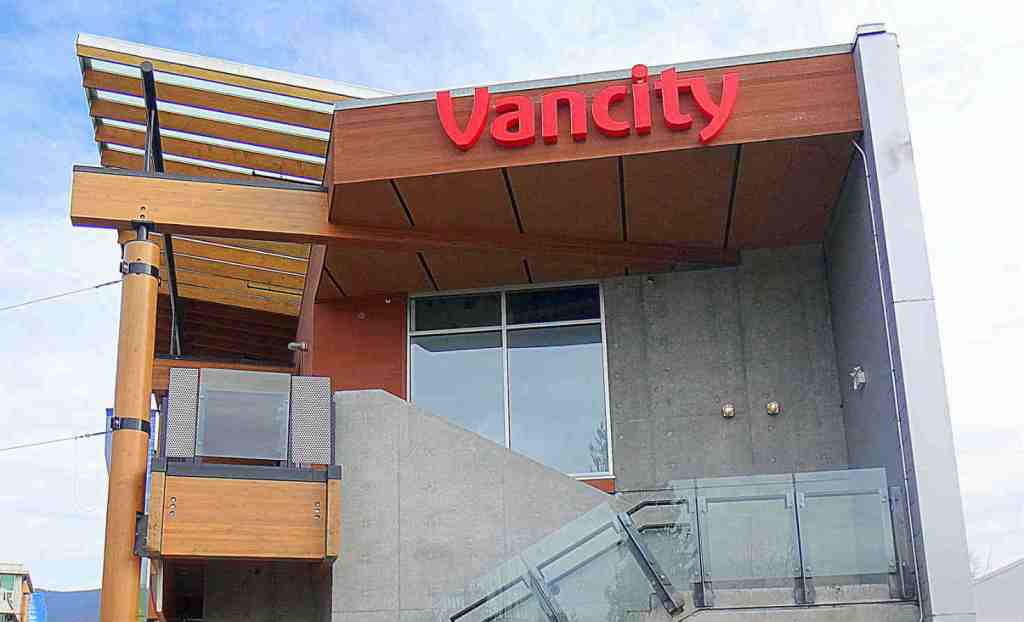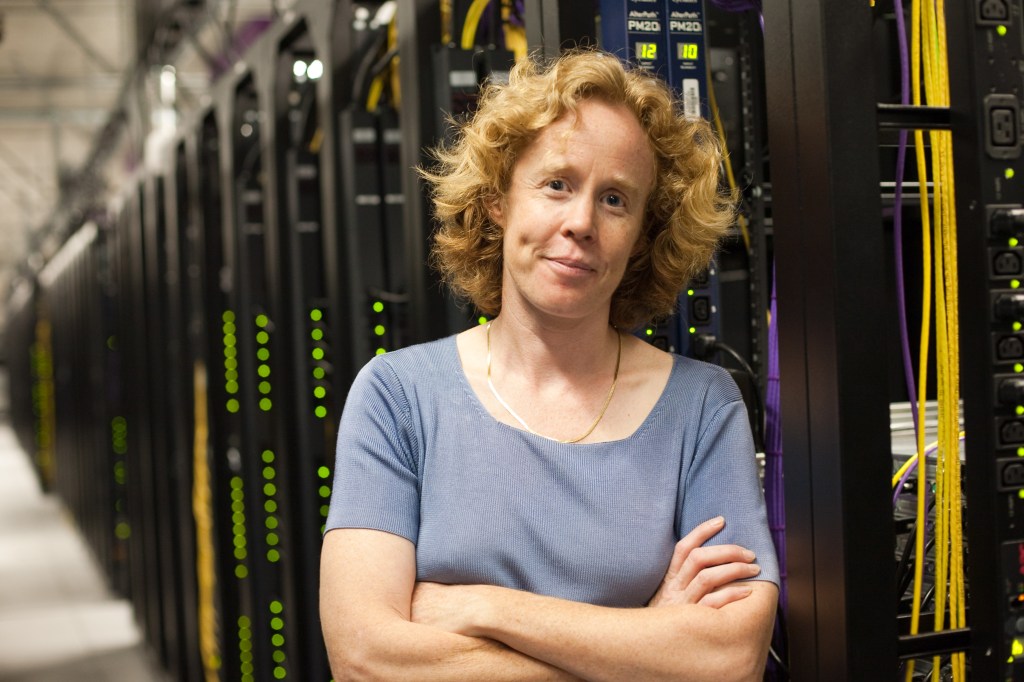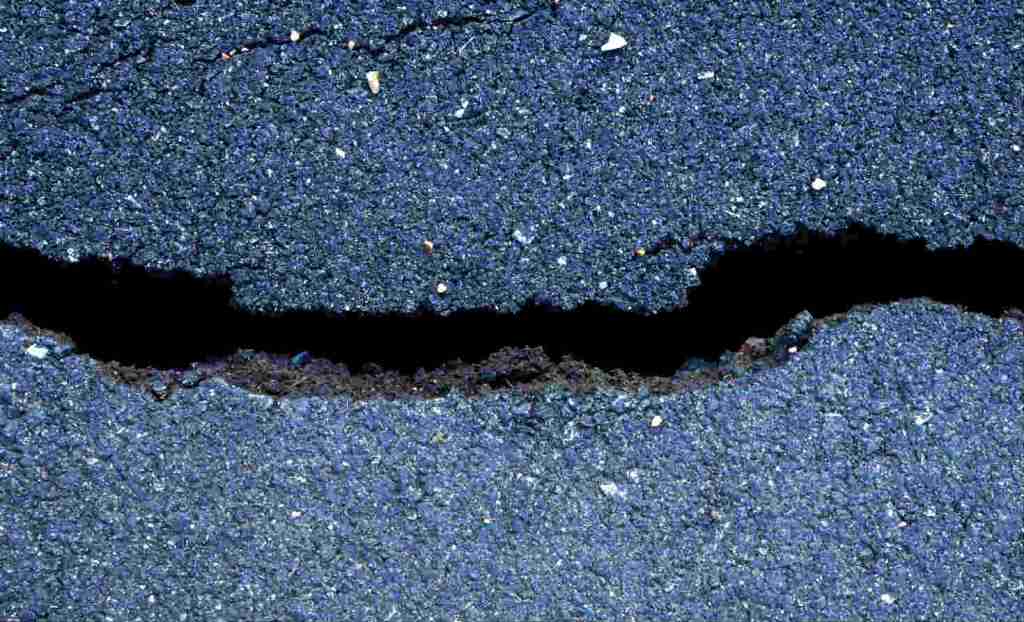Technology
AtSite’s Davor Kapelina: Wise up to the new state of smart buildings
Don’t expect ROI from software and streams of data alone. This space is evolving from DIY to "do it for me," putting power into people’s hands. Read More
Poacher's delight: Technology is a double-edged sword for wildlife
Mobile phones and big data help conservationists stop poaching, but they also let unwitting tourists accidentally lead poachers to endangered animals. Read More
5 smart cities players a step ahead of Google's Sidewalk Labs
The search giant is far from the only player in town when it comes to smart cities technologies poised to redefine urban development. Here's what Larry Page & Co. are up against. Read More
How Vancity crowdsourced engagement and accountability
Canada’s largest credit union used an interactive social media platform to connect with multiple stakeholders and prioritize its actions. Read More
Will Silicon Valley ag tech really grow with farmers?
A word of advice from farmers to entrepreneurs: Walk in our muddy boots before tossing us new tech products. Read More
What Yahoo's energy efficiency strategy borrows from farms
The company is investing in renewable energy under the direction of sustainability chief Christina Page, but Yahoo's biggest impact comes from new data center design innovation. Read More
The real problem with 'Green IT' — and how to solve it
Powering down computers saves one university thousands every year. With easy-to-use Energy Star resources, you can make simple but substantial fixes. Read More
The art and science of supply-chain transparency
When it comes to supply chains, ignorance is no longer bliss — it’s a liability. Read More
Smartphones and Twitter becoming next-generation earthquake detectors
Tweets and GPS may seem like mere conveniences, but in regions with less infrastructure, smartphones can help pinpoint quakes fast. Read More
The problem with translating smart cities to the global South
By 2050, 2.5 billion more people will live in global cities — 90 percent of whom will reside in Africa, Latin America or Asia. But how do these less-developed urban centers fit into the hype about smart city technology? Read More









